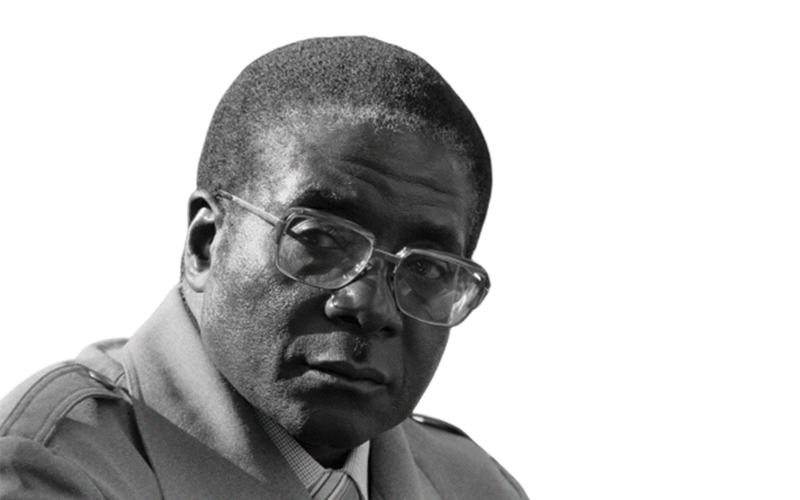
IN last week’s article I expressed concern over the spike in the number of people who are writing books without a calling, purpose or some form of accomplishment. The great irony is that the bulk of those who should be writing books are not writing books. These people are role models and accomplished leaders in business, the marketplace, civic society and extraordinary individuals who are not only an inspiration to our generation but to the next.
I do understand however why some of these accomplished individuals don’t write books. A good example is the late former president Robert Mugabe who might have deliberately chosen not to write a book because he possibly knew that his legacy would be divisive and spark endless debate. In the court of public opinion, he did a lot of good to champion black empowerment but he also had his own fair share of misdeeds in his leadership styles.
Thus, he probably deliberately allowed others (biographers) to write their own separate accounts of his life and this is why we have had different books such as “Dinner with Mugabe” by Heidi Holland and “The Graceless Fall of Robert Mugabe” by veteran journalist Geoff Nyarota amongst many others. I have cited some of the reasons why accomplished individuals ought to write autobiographies, memoirs, and self-help books.
- Taking charge of own narrative
The road to the top is one marked with thorns and so many wars and battles and during these wars and battles, some people will get hurt. This is the stubborn reality of life but being at the top presents an opportune moment to reflect on this journey to greatness. No accomplished individual is without his own faults and all great men and legends who have passed through this earth have had their own share of good and impactful deeds as well as their equal share of weaknesses or shortcomings.
One does not accomplish great things without stepping on some toes intentionally or accidentally. One does not get to the top without making some mistakes too. I believe this is where writing a book comes into play. For an accomplished leader, be it in politics or the marketplace, writing a book is one way to take charge of their own narrative and tell their version of the story chronicling the challenges and impediments they faced and how they defied the odds and rose to the occasion. I loved how the current CEO of Econet Dr.
Douglas Mboweni captured his narrative in his debut inspirational autobiography titled ‘A Dusty Road to Success–Principles of an Extraordinary life” which I reviewed back in 2021 and some few inspirational autobiographies which I have either reviewed or come across over the past few years.
A book becomes an opportune moment for any accomplished leader to capture their journey to the top including being their own jury during their moments of madness or weaknesses.
- Establishing an authoritative voice
In the Western World, writing and publishing a book is that much of a big deal because it is rooted or associated with some sort of intellectual prowess that is complimented by admirable depth. The Internationally celebrated leadership expert John Maxwell is one good example of a marketplace leader who has established his solid footprint on the subject of leadership. Top South African entrepreneur Vusi Thembekwayo is equally inspiring the next generation of African entrepreneurs through his book Vusi:Life Lessons from a Black Dragon complimented by a solid digital footprint on social media.
- African leaders dying overseas expose cruel deception of independence
- Village Rhapsody: Reforms a must before 2023 elections
- Zanu PF should stop tarnishing good name of our country's liberation war veterans
- If Mnangagwa is unable to explain ‘sanctions on Zimbabwe’ then just how real are they?
Keep Reading
l Leaving a Legacy
When an old man dies, a library burns to the ground–African Proverb
Some accomplished leaders’ prominence may only last as long as their breath. Once they die, they may only appear in a few newspaper articles and that would be just it. In one article I wrote sometime last year, I pointed out that Dr. Myles Munroe’s books are still making an impact as if he were alive even though he passed on over half a decade ago. Tomorrow is never guaranteed. Writing a book is one way to leave a legacy for future generations to come.
- Fungayi Antony Sox is a content writer, editor, researcher, communication and publishing consultant at TisuMazwi–a communications-centred social enterprise based in Harare. For feedback contact him on +263 776 030 949, connect with him on LinkedIn on Fungayi Antony Sox or follow him on Twitter:@AntonySox










